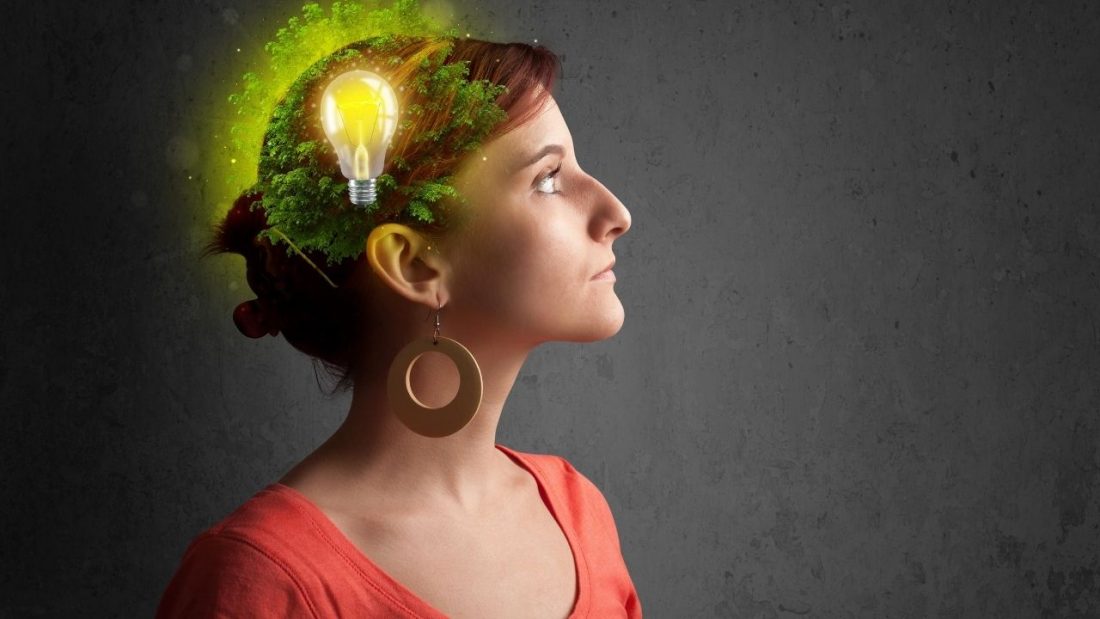Mindfulness provides many direct and indirect benefits for our mind-body. Creating a sense of spaciousness and “more time” is not always explained. In this blog, I share 7 ways mindfulness creates time!
Time is Precious
As I have shared before, a lack of time is often given as a reason for not investing in health and wellbeing.
I even found myself responding to a question recently with “I don’t have enough time”.
As soon as I had spoken these words, I knew that this was not true.
I do have enough time for what I am prioritising at the moment.
Sure, to create additional time for eating well, exercising, and getting enough sleep, then it means time spent on social media or watching TV might have to reduce!
A lot of my time coaching clients is focussed on mindful time management, and
breaking the habit of using time as a reason or excuse to not invest in their health and wellbeing.
Mindfulness is well known as a meditation practice, but it also has practical use in our daily activities and tasks.
Mindfulness places our attention on the current moment with purpose and self-compassion.
Research by Killingsworth and Gilbert (2010) suggests that adults spend nearly 50% of their waking time, “mind wandering”, that is, not focussed on the current moment.
… adults spend nearly 50% of their waking time, “mind wandering”
Now that is a lot of living that we can reclaim.
And this is how mindfulness creates time in a direct way; it reduces the mind from wandering.
How Mindfulness Creates Time
Giving yourself permission to focus on just one thing has a number of positive spin-offs that go hand in hand with creating more time.
#1 One task, less stress
Feelings of stress decrease, as you are only thinking about the task at hand.
Consider these two questions:
Would I be correct in saying that much of the stress, you experience related to not having enough time, is created by you?
Is it the actual time of the day that causes stress or thinking about everything you want to do that leads to stress?
By just focussing on the current task, we get it done quicker, as we are not burdened by stress.
#2 Total focus, finish quicker
Being totally present with the task at hand means that you don’t get distracted by other tasks that are still on your to-do list, so you finish quicker!
Does it make sense that if we give a task or activity our full attention that we will complete it in less time?
Each time our mind wanders to the previous or next task, we lose time and energy. And I appreciate that this may be occurring without your awareness.
It is like going directly from A to Z, rather than visiting each of the letters in between!
The practice of mindfulness makes us more aware of where our thoughts and attention really are, and when we wander, we can quickly come back to the current task.
This is what a mindfulness meditation shows us. When we try to focus just on the breath, we seem to be ambushed by 100s and 1000s of thoughts.
But what you may not realise, that this is happening all of the time.
You only notice the thoughts in meditation, because you are observing your mind closely.
#3 Total focus, less checking
Because you are totally mindful of the current task, you don’t need to cross-check and double-check when you finish. And this saves more time.
Being focussed on one task or activity at a time increases your confidence that you have completed it correctly and fully.
You don’t have the need to check and re-check your work.
#4 Regular practice, more clarity
Practicing mindfulness meditation regularly, slows down the mind-body, supporting clearer thinking, and creating time through efficiency and effectiveness.
Bringing calmness and clarity from meditation into everyday activities gradually helps you to filter helpful and unhelpful thoughts.
When our mind is racing, we cannot think clearly.
I liken meditation to the sun lifting the fog in the morning.
Meditation helps us to see more clearly with clarity and confidence.
#5 Regular practice, less worry
A regular mindfulness practice builds self-compassion and compassion for others, so you save time worrying about what you should have done and you become more forgiving of yourself and others.
The compassionate aspect of mindfulness is crucial.
Being able to observe life without the need to judge, blame, or feel guilty, or any other emotion means mindfulness creates time by freeing up this time to participate in activities that support our health and wellbeing.
#6 Being present, lessens the drive to do more
Being mindful reduces the drive to keep doing more.
Mindfulness immerses us in whatever activity we undertake, so we gain the maximum experience.
If you consider, that nearly 50% of our time, our minds are absent, then it makes sense that we want to be involved with more people, more movies, more traveling, and more eating!
Because each time we talk to someone, we are only tuning into 50% of the conversation.
When we are on holiday, we are only relaxing 50% of the time.
When we eat chocolate, we only taste half of it.
#7 Mindfulness creates meaningful choices
Mindfulness connects us with what is meaningful to us, so we become more confident with our choices.
I will use mindful eating as an example.
The experience of eating starts well before we take our first mouthful of food. We first assess whether we are hungry and what we feel like eating. We check in during eating to see if we have been satisfied. After eating we also reflect on whether our choice to eat nourished us.
It means we connect to the total experience of eating and use this information to guide our choices.
Mindfulness creates time by guiding our eating and lifestyle choices.
This practical approach to mindfulness means we gain guidance on all aspects of our life, from how we speak to others, what time we go to bed and what movies we watch!
Mindfulness makes our lives more meaningful, by aligning our choices with what makes us happy.
If you would like to find out more about how mindfulness creates time and improves your experience of health and wellbeing, then take a look at the Eating for You book.
For a limited time, the book comes with a free downloadable workbook, valued at $24.95
Click here to learn more about the Eating for You book.



